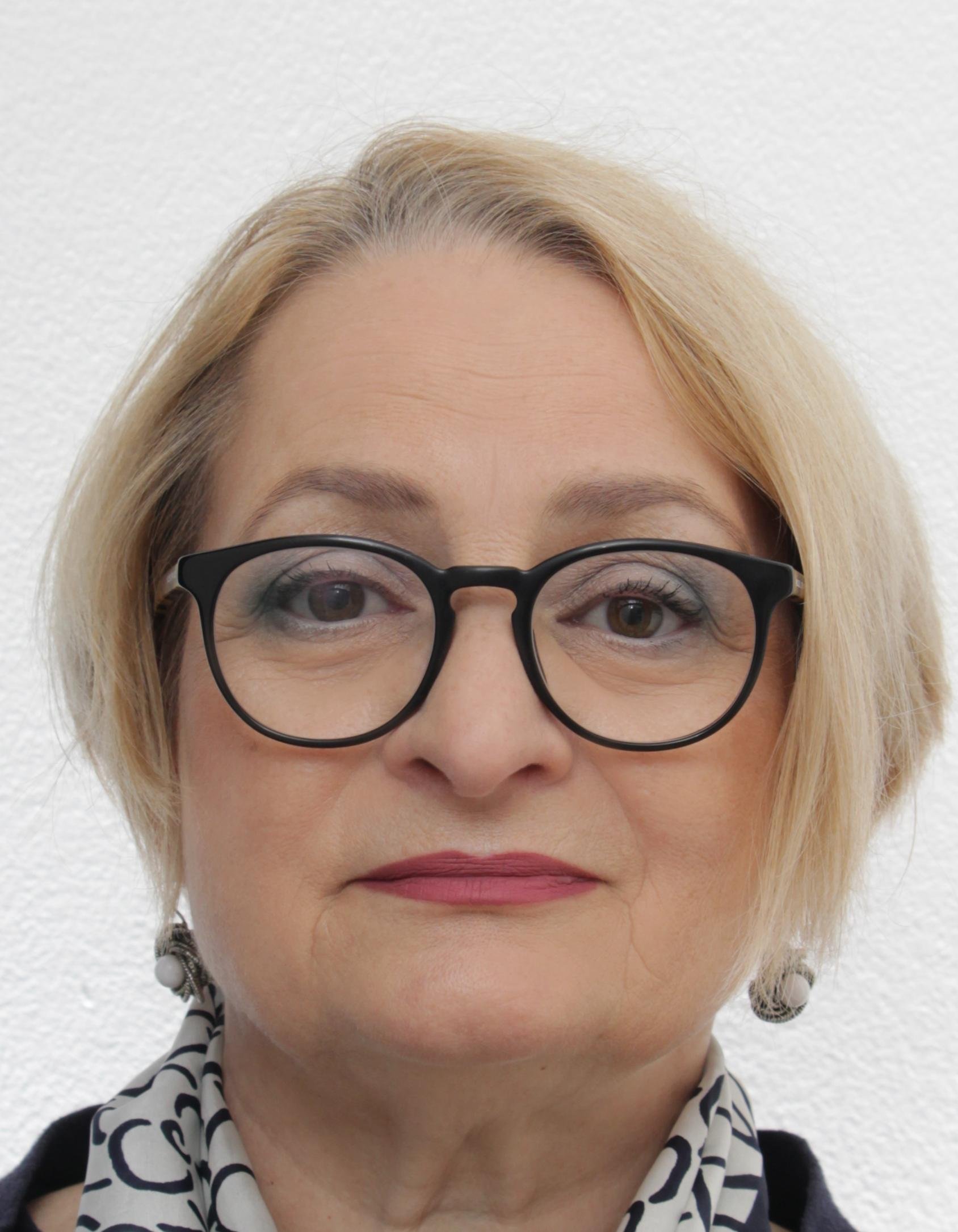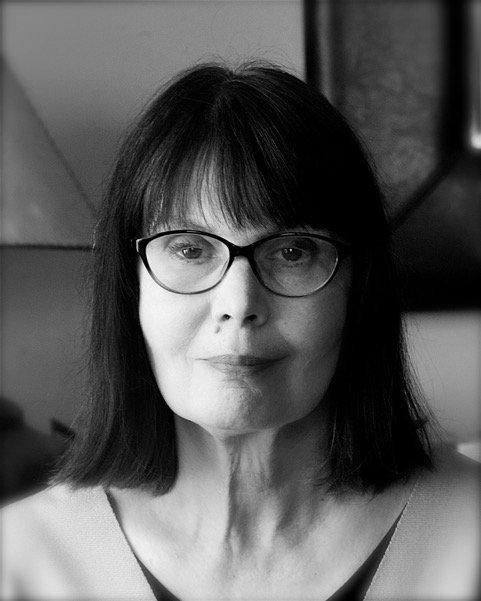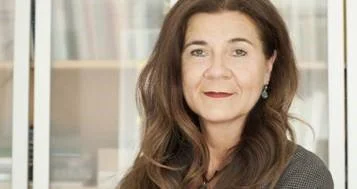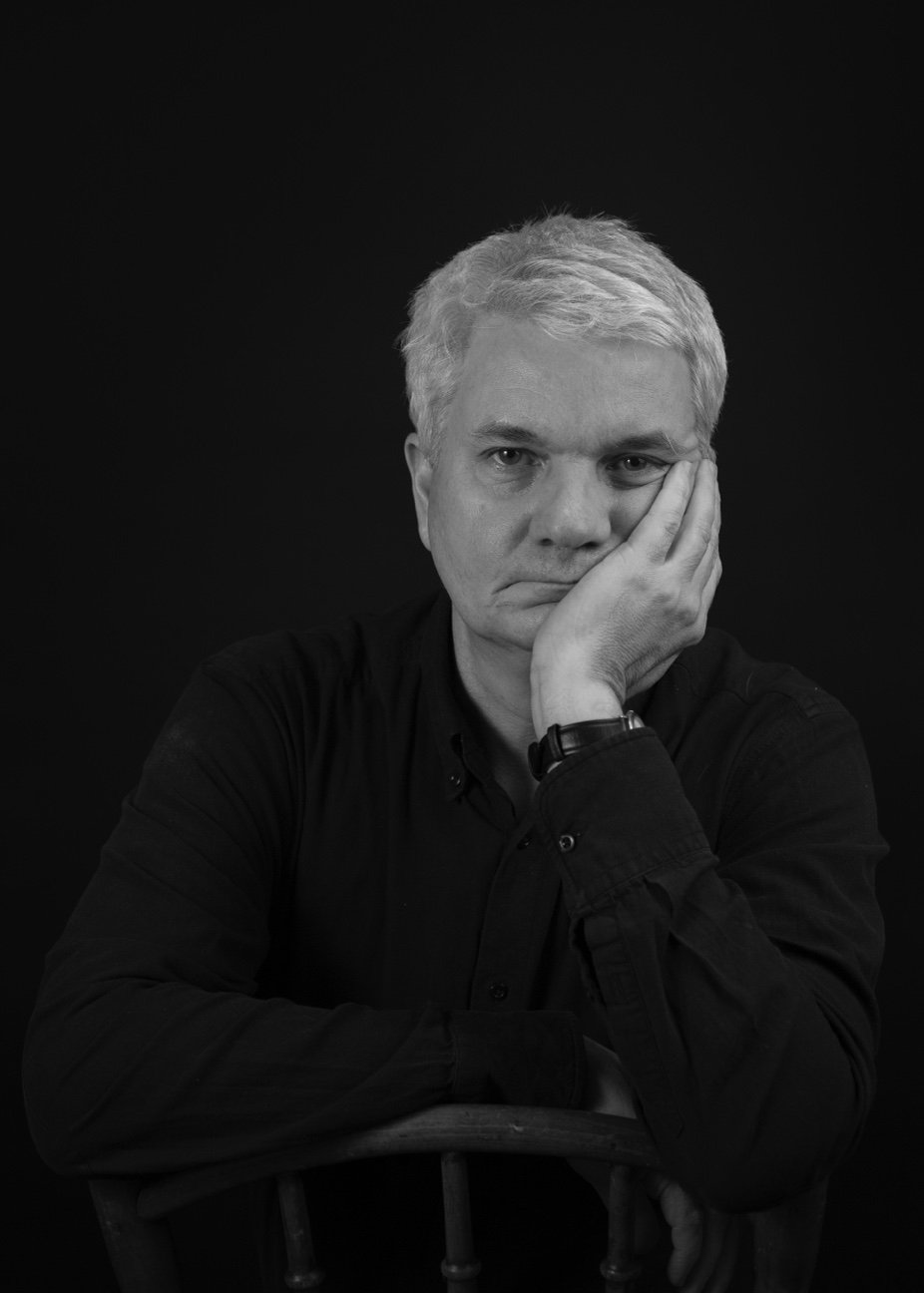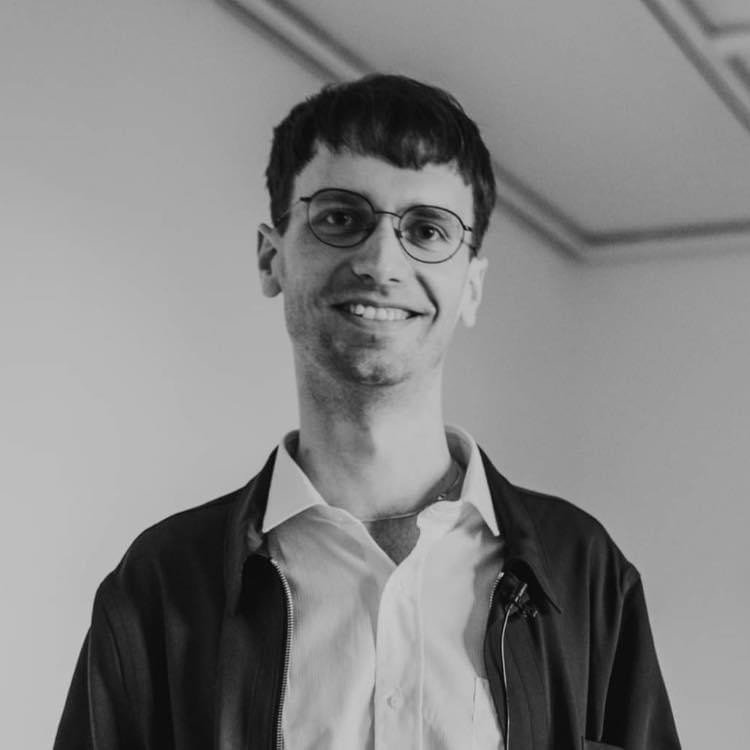Round table discussion of art critics from AICA Poland, AICA Hungary, AICA Slovakia and AICA Czech Republic.
Friday June 24th, 5 pm (Warsaw / Budapest / Prague / Bratislava time)
Language: English
The webinar is free and open to non-members. Please register by sending an email to aicainternational.webinar@gmail.com by 23rd June.
The round table will help to answer vital questions, such as: What role does 1989 play in the critical discourse in Central and Eastern Europe (CEE)? What kind of exchange took place among critical writing and discourse across CEE? What does critical writing on art and culture have in common across CEE, and what are the (local, national) differences? How has critical writing transformed with communication technologies and social media? How has critical writing engaged the dangers of impending new authoritarianism in CEE? Has critical writing engaged in the production of a new political economy after 1989? How has critical discourse engaged in the production of new collectivity (within and beyond the circuit of art? Is it possible to name dominant themes, styles, positions in critical writing on art and culture in CEE after 1989? How has critical writing after-1989 envisioned the position and place of CEE in the world? Have the dichotomies of the second half of the twentieth century (such as East vs West) continued shaping the conversations? How has critical writing on art and culture in CEE engaged with the discourse on decoloniality, racial capitalism, extractivist capitalism, logistical capitalism, ecological sustainability, etc., which dominate the global conversation on art’s engagement with the urgencies shaping the world today? Asking these questions is vital for the intellectual development of our region, its self-awareness, and the decolonization from the (so-called) Western culture.
PARTICIPANTS
AICA POLAND
Dorota Monkiewicz, is an art historian, curator and art critic. For nearly two decades she has been working as a curator of modern and contemporary art at the National Museum in Warsaw. In the years of 2005-2007 she was also working on the Programming Committee of the new Museum of Contemporary Art in Warsaw. Since March 2009 she was ahead of the project of founding a new museum of contemporary art in Wrocław. She served as a founding director of the Wrocław Contemporary Museum in the years of 2011-2016. A President of Polish Section of AICA (2003-2009). She has curated numerous exhibitions and conferences on contemporary Polish and international art and published over one hundred texts, including essays, articles, catalogue entries, exhibition reviews, catalogues and books, on modern and contemporary art, museum collecting, and curatorial practice. Her fields of interest include conceptual, feminist and politically engaged art and also the history of art in the region of Eastern and Central Europe. Recipient of the Jerzy Stajuda Award for Art Criticism in 2017.
AICA SLOVAKIA
Jana Geržová, art historian and critic, editor-in-chief of the magazine Profil.
Before 1989, she cooperated with several artists on the unofficial scene. After 1989, she co-founded the fine art magazine Profil, and since 1992 she has been its editor-in-chief. She specializes in various aspects of contemporary art and the art of the second half of the 20th century. She was president of the Slovak section of AICA (2000 – 2007) and worked at the Academy of Fine Arts at the Institute of Arts and Sciences (2002 – 2012). Her research has resulted in several publications: Slovak fine art 1949 – 1989 from the point of view of contemporary criticism (2006); Painting Talks. Slovak painting through oral history (2009) and international symposia: Conceptual Art at the Turn of the Millennium (cooperation with Erzebet Tatai), 2000; Painting in the Postmedial Age (2012).
AICA CZECH REPUBLIC
Marta Smolíková. Art historian, a Czech expert in cultural policy and arts management, since 2016 director of the non-profit organization Open Society, since 2020 chairwoman of the Czech Women's Lobby and vice-chairwoman of the Government Council for Gender Equality and since May 2021 member of the Radio and Television Broadcasting Council.
AICA HUNGARY
Attila Horányi is the director of the Institute for Theoretical Studies at Moholy-Nagy University of Art and Design. He has an MA in Art History and a PhD in Aesthetics, both from Eötvös Loránd University, Budapest. Dr. Horányi was a Fulbright scholar at the Cultural Anthropology Department at Northwestern University. He received the Kállai Grant for three years and is the recipient of the prestigeous Németh Lajos Prize (given to art historians and art critics), for one of his book reviews he received the Opus Mirabile Prize and was awarded the Art Critic Prize by the Horváth Art Foundation. He has been the member of numerous boards, the most notable of which was the Photography Board of the National Cultural Fund, which he also led for two years. Between 2015 and 2017 he chaired the Capa Grand Prize Jury. Dr. Horányi frequently organizes conferences in art history, theory of photography and visual culture. His areas of research include photography theory, design theory, and the philosophy of art and art history. Besides teaching and researching he enjoys writing reviews for various art magazines. Presently he serves as the president of the Hungarian Section of AICA, the International Association of Art Critics.
MODERATOR
Arkadiusz Półtorak. Curator and writer based in Kraków; works in the Department of Performance Studies at the Jagiellonian University in Kraków. Secretary of the Polish Section of the International Association of Art Critics (AICA). Graduate of De Appel Curatorial Programme (2018). He has has contributed to numerous art-related publications including the monographs Kinship in Solitude – Perspectives on Notions of Solidarity (eds. Anna Jehle and Paul Buckermann, Hamburg: adocs 2017) and Trouble with Value (ed. Kris Dittel, Eindhoven: Onomatopee 2020). His recent and upcoming curatorial projects include the group show While I Kiss the Sky (co-cur. Goschka Gawlik; part of curated_by, Vienna 2019), and individual exhibitions by Maria Loboda (Elementarz dla mieszkańców miast, Kraków 2020) and Jasmina Metwaly (Galeria Arsenał, Białystok 2020).
The project is co-financed by AICA International and the Governments of Czechia, Hungary, Poland and Slovakia through Visegrad Grants from International Visegrad Fund. The mission of the fund is to advance ideas for sustainable regional cooperation in Central Europe.

